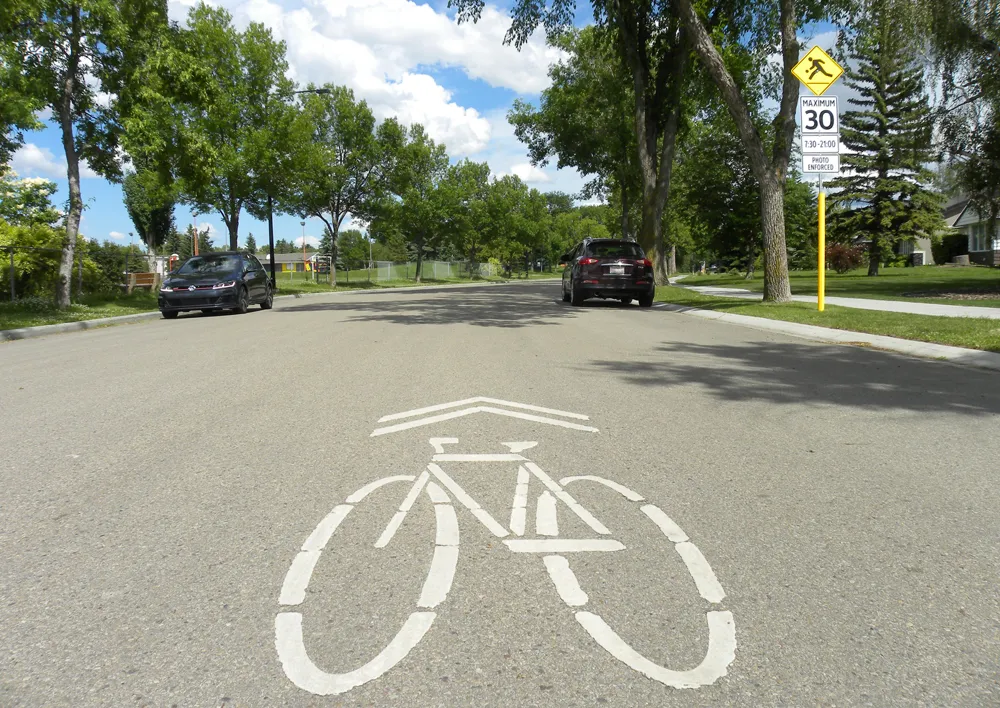Motorists in the Hungarian capital Budapest may have to pay a congestion charge from 2016, according to the city’s transport authority BKK. Public transport system improvements, prior to the possible introduction of the congestion charge, are due to be completed by 2015. Park-and-ride (P+R) facilities are expected to be set up by 2016.
January 21, 2013
Read time: 1 min
Motorists in the Hungarian capital Budapest may have to pay a congestion charge from 2016, according to the city’s transport authority BKK. Public transport system improvements, prior to the possible introduction of the congestion charge, are due to be completed by 2015. Park-and-ride (P+R) facilities are expected to be set up by 2016.






